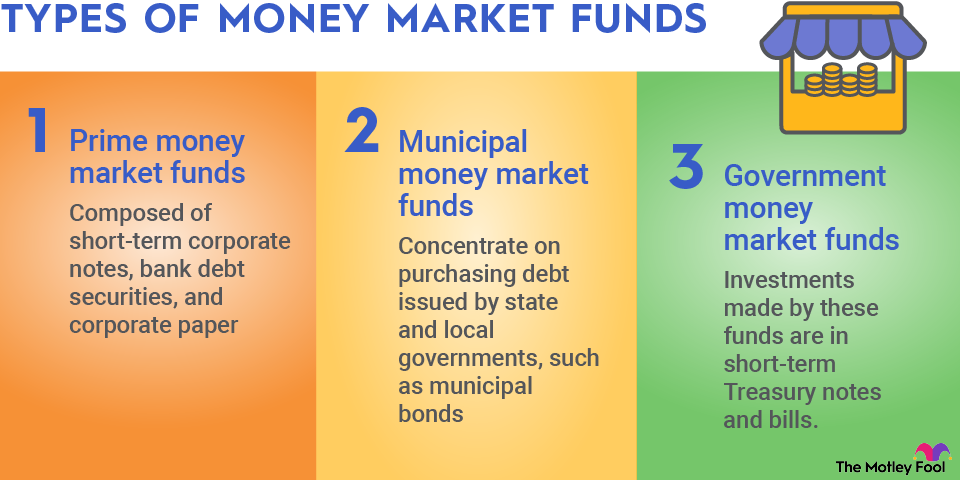As an investor, it’s important to understand how a company makes money. The product itself is vital, but so is the way it’s sold. Understanding marketing strategies can help you better understand how a company wants you to view it and its products.

What is a marketing strategy?
A marketing strategy is a plan that a business uses to reach potential customers and promote products or services that might be interesting to them. This can be for businesses that sell directly to people, known as business-to-consumer (B2C) models, or for businesses that sell to other businesses, known as business-to-business models (B2B).
Demographics
Marketing strategies include the company’s value proposition (a statement that explains what it brings to the table), brand messaging, information on customer demographics that may help shape a marketing plan, and other elements to help define marketing campaigns. The marketing strategy is part of a larger marketing plan.
How does a marketing strategy affect investors?
Having a solid marketing strategy is the key to selling literally anything. If a company that you’re interested in investing in lacks a good strategy, you may find that sales are not consistent or that the long-term pipeline is pretty empty, leading to longer-term financial issues for the company and ultimately making it a poor investment.
On the other hand, if the company you’re considering has a solid-looking marketing strategy but is focused on the wrong things, you still may want to skip it. Putting the most money into selling its least profitable products or services is not a recipe for success. How and where the company you’re investing in chooses to spend its money really is your business, and the return on a marketing strategy absolutely matters in the long run.
One last note on marketing strategies: They are also implemented to attract investors. Companies will literally build marketing strategies for marketing plans meant to entice and hold investors’ attention, and convince them to invest in the company, even if it’s not that great of an investment. So, for all these reasons, it’s important to be aware of the marketing strategy and what it means for you.
Evaluating a marketing strategy
It can be difficult to get the details on a company’s marketing strategy. After all, they don’t want potential customers or the competition to know how they’re selling their goods. Instead, you’ll want to become more aware of what they’re claiming in marketing pieces and compare it to public reports, consumer ratings, and regulatory filings.
Being on guard against misleading marketing is important. Sometimes, however, digging into a company will show you that their product or service is much better than they let on. Some companies fail to toot their own horns loudly enough.
Related investing topics
A marketing campaign gone wrong
An example of a marketing campaign that went terribly wrong: Automobile manufacturer Tesla (TSLA +0.06%) claimed its cars would be capable of self-driving. This was not true in any sense of how a consumer would understand the term. Instead, the electric car maker was offering an advanced driver-assistance package. Not only did the Tesla Autopilot system lead to several crashes – some of which were fatal – it also caused a great deal of distrust among consumers.
When you lose the faith of consumers, you lose your company. Tesla faces a rocky road to recovering consumer confidence. As an investor, a marketing strategy filled with half-truths and sometimes outright falsehoods should at the very least give you pause. It’s difficult for a company to maintain an upward trajectory when it can’t deliver on promises. Always remember that marketing strategies can affect pretty much everything, from profitability to market sentiment.

















